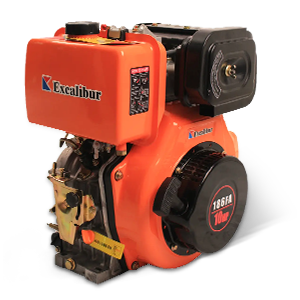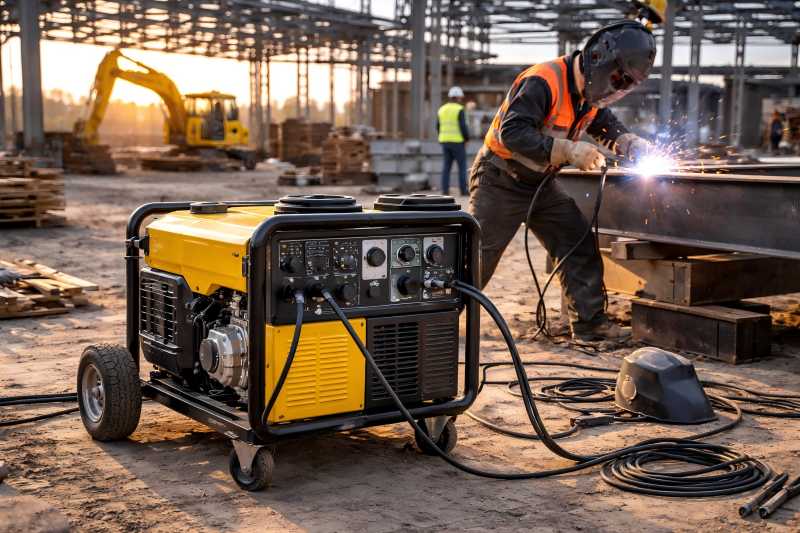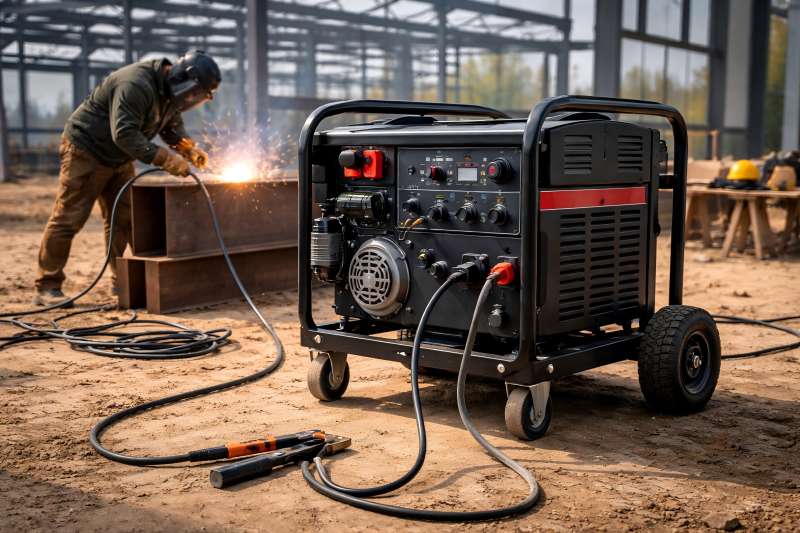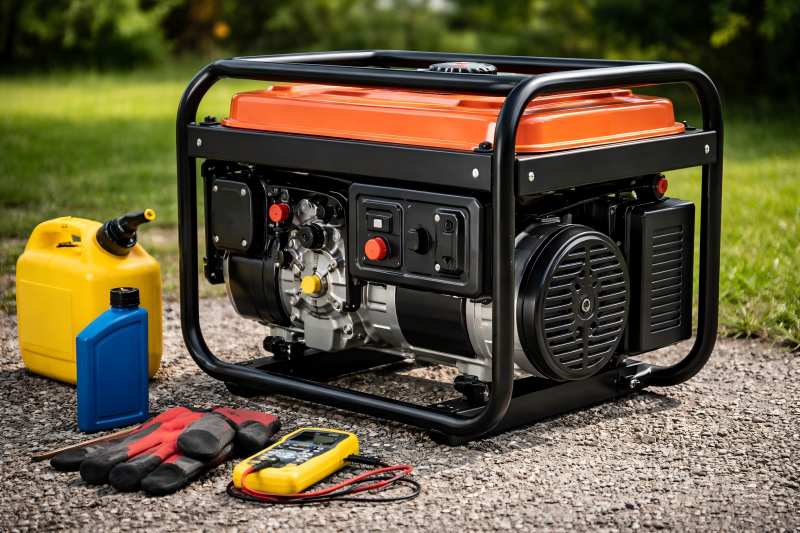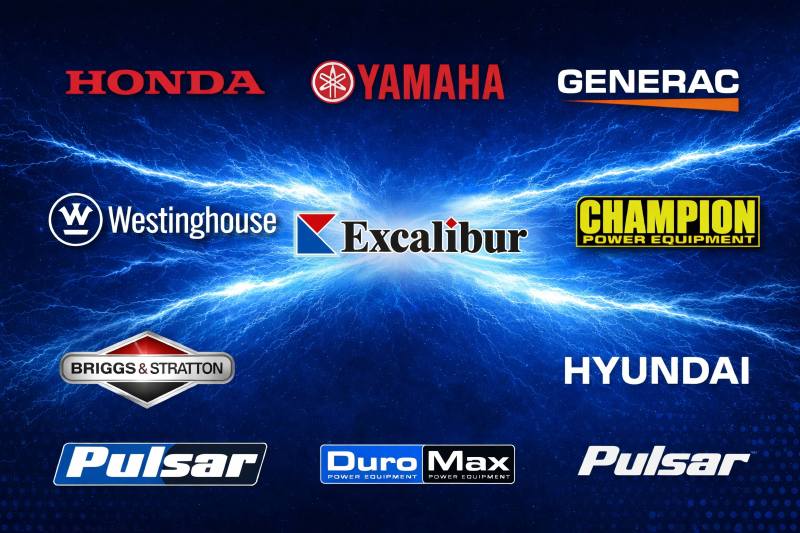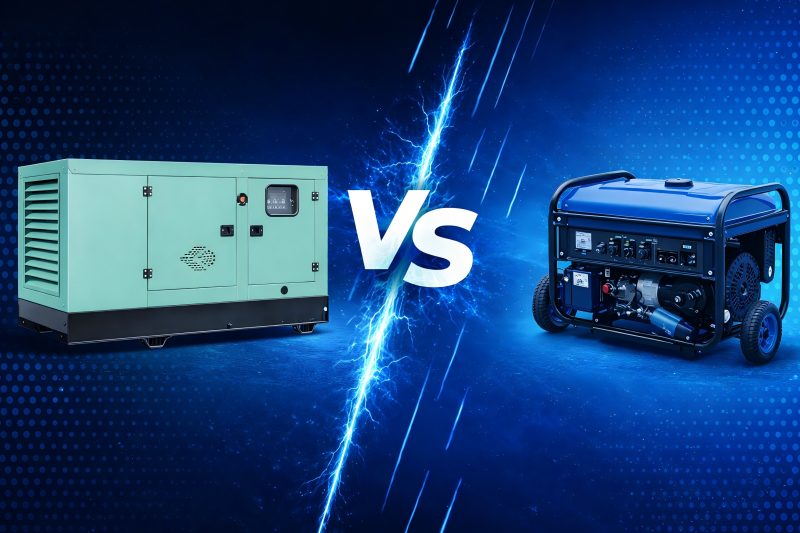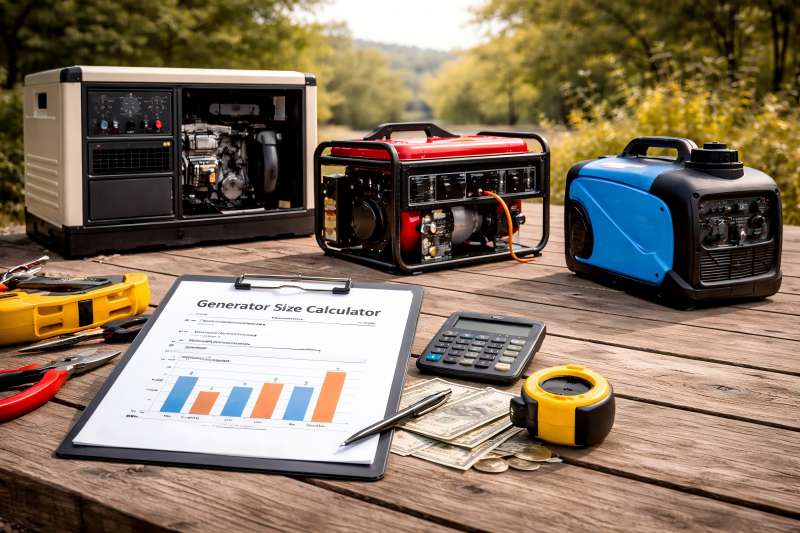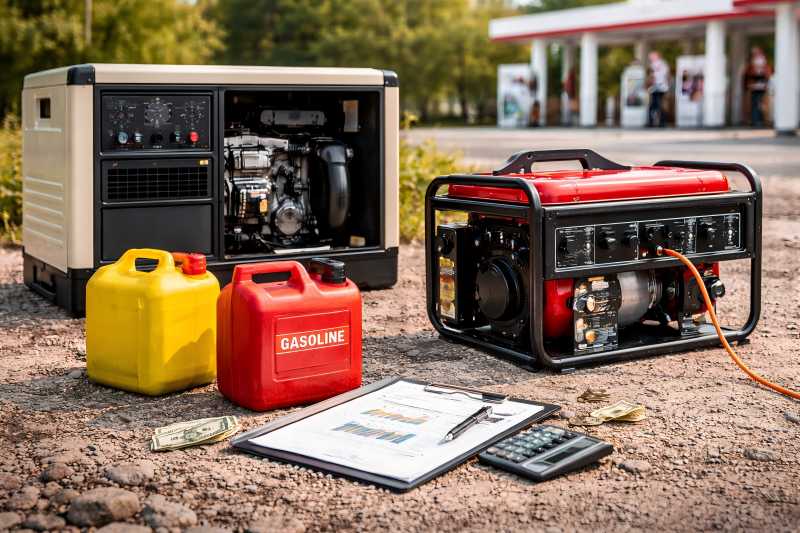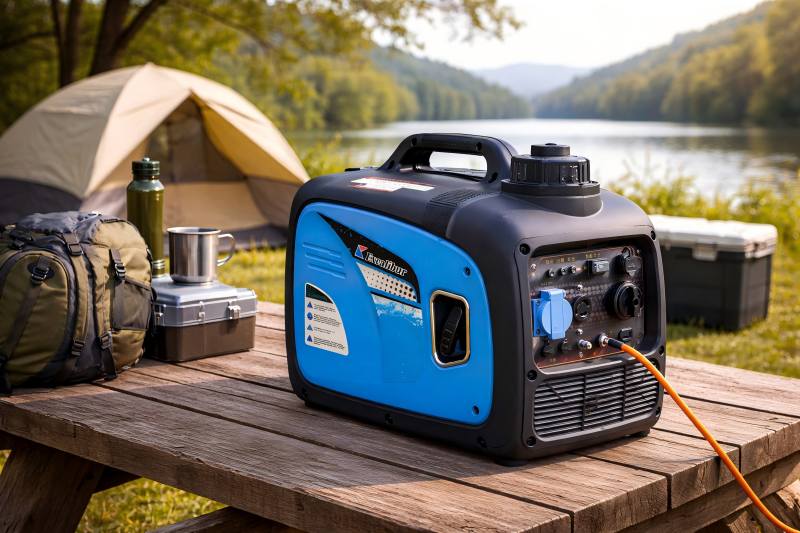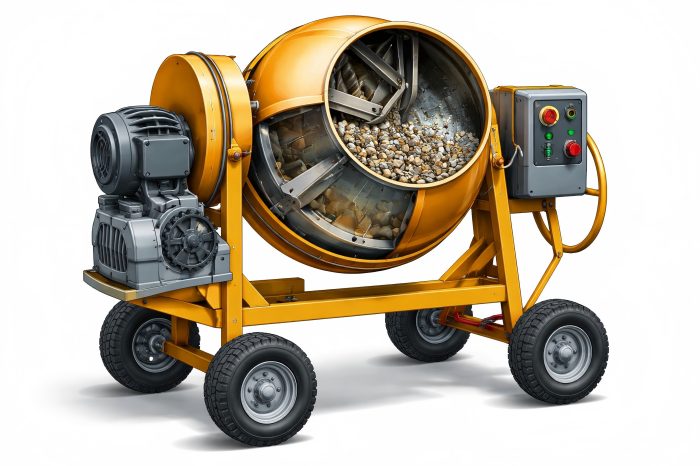Top 5 Benefits of Using a Welder Generator on Job Sites
Whether you’re working in the field or in a workshop, welding plays a pivotal role in joining materials and ensuring structural integrity. However, traditional welding setups often rely on a steady power supply, which can be challenging when working in remote locations or on job sites without easy access to electricity. This is where a welder generator becomes an invaluable tool. A welder generator combines the functionality of a welding machine and a power generator into a single, portable unit. It allows you to perform welding tasks and power other equipment, all while being self-sufficient and mobile. Key Advantages of Welder Generators Benefit Description Portability Portable and easy to set up in challenging environments. Reliable Power Supply Provides a consistent power source in remote or outdoor locations without needing access to grid electricity. Cost-Effective Saves money by combining welding and power generation into a single, affordable solution. Increased Productivity Reduces downtime by eliminating the need for multiple power sources and equipment, allowing workers to focus on the job. Enhanced Safety Built-in safety features like thermal protection and reduced cable clutter ensure a safer work environment. Portability and Flexibility A major benefit of a welder generator is its portability. Welding traditionally requires a significant amount of power, which means workers usually rely on stationary power supplies or large generators. These solutions are often cumbersome and require a fixed location for setup. A welder generator, however, is self-contained, portable, and designed to move with you wherever your work takes you. On construction sites, industrial locations, or outdoor environments, having the flexibility to move your welding station to any spot you need can be a game-changer. The portability of welder generators is especially beneficial when you’re working in remote or hard-to-reach areas where traditional power supplies are unavailable. Key Features of Portability: Compact Design: Welder generators are designed with portability in mind, often equipped with wheels and a handle for easy transportation. All-in-One Solution: Rather than hauling separate equipment for welding and power generation, you can manage both tasks with a single unit. Easy Setup and Breakdown: Quick setup and use, perfect for time-sensitive tasks. This versatility makes the welder generator an essential tool for welding projects that require mobility and flexibility. Reliable Power Supply for Remote Locations Welding projects often take place in environments where access to a steady power grid is limited or non-existent. From remote construction sites to outdoor repair jobs, a reliable power supply is essential for completing welding tasks and operating other tools. Welder generators provide an independent and dependable power source, allowing workers to complete jobs anywhere without needing to find an external power supply. In construction, mining, and oil extraction, autonomous power supply is essential. Welder generators ensure that workers are not left stranded without power, even in the most remote or off-the-grid locations. Whether you’re welding structural beams or performing emergency repairs, the welder generator allows you to operate efficiently without relying on external electricity. Benefits of Reliable Power: Continuous Operation: Welder generators enable uninterrupted work, ensuring that you can continue welding and powering other equipment throughout the day. Remote Accessibility: They supply power in remote areas like outdoor worksites and industrial zones. Versatility: Besides welding, they can power lights, drills, and other necessary tools on the job site. Cost-Effective Solution for Job Sites Investing in a welder generator can save businesses significant costs in the long term. Traditional power supplies often involve renting external generators or paying for access to electricity on a job site, both of which come with associated costs. A welder generator provides a one-time investment that delivers multiple benefits, such as power generation, welding capabilities, and mobility. When you consider the expenses of renting or running multiple pieces of equipment, a welder generator becomes a cost-effective alternative. Instead of renting welding equipment and power sources separately, you can purchase or rent a welder generator that provides both functions for a single price. Additionally, welder generators eliminate the need for additional fuel costs for stationary generators. Cost Benefits: All-in-One Functionality: Provides welding and power generation, eliminating the need for multiple pieces of equipment. Lower Operating Costs: Saves money on fuel and rentals associated with using separate equipment. Reduced Maintenance Costs: Fewer equipment pieces mean fewer maintenance and repair expenses. In summary, using a welder generator helps reduce overhead costs for businesses while providing all the power and tools needed for welding jobs. Increased Efficiency and Productivity A welder generator enhances overall efficiency and productivity on job sites. By consolidating welding and power generation into a single, portable unit, workers can complete tasks faster and more effectively. Without the need for setting up multiple pieces of equipment or relying on external power sources, the welder generator allows the crew to focus on the job at hand rather than logistical concerns. The flexibility of a welder generator means that you can power everything from welding machines to tools like drills, saws, or compressors. This eliminates downtime spent waiting for power sources or switching between equipment, enabling your team to complete tasks more quickly and move on to the next phase of the project. Efficiency Enhancements: Reduced Downtime: Minimizes waiting time between setup and work, allowing workers to stay focused on the task. One-Person Operation: A welder generator can be operated by one individual, freeing up others for different tasks. Simultaneous Tool Use: You can power multiple tools at once, increasing the productivity of the entire team. With the ability to use welding equipment and tools without delays, the welder generator boosts overall productivity, ensuring projects are completed on time and within budget. Enhanced Safety on the Job Site Safety is paramount on job sites, especially when working with powerful equipment like welding machines and generators. A welder generator can improve safety in several ways. First, it reduces the number of devices and cables you need to manage, minimizing the risk of tripping or electrical hazards from tangled wires or exposed power cords. Second, modern welder generators have automatic shut-off features to prevent overheating and fire risks in

